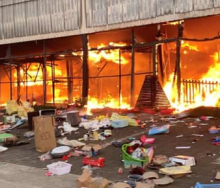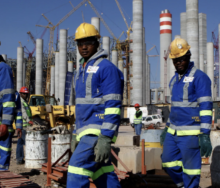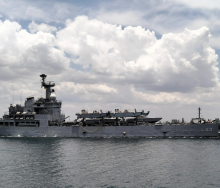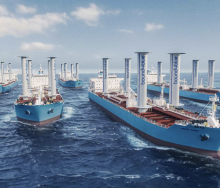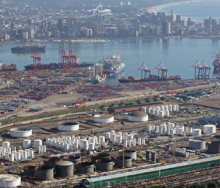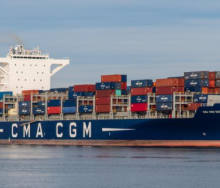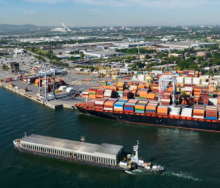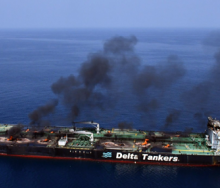The International Association of Dry Cargo Shipowners (Intercargo) has urged all ocean freight bulk carrier concerns to remain vigilant about the danger of liquefaction, despite 2018 being a fatality-free year.
Intercargo said although no lives were lost due to on-board fires and related events, liquefaction of cargo at sea and at port remained a significant risk to seafarers.
It therefore urged all relevant interests to take note of the latest amendments to the Maritime Solid Bulk Cargoes Code (IMSBC) which directly addresses cargo that could liquefy.
One of the most important stipulations as per recent updates to the code is that it is a shipper’s responsibility to check the Transportable Moisture Limit (TML) of liquefiable cargo at designated intervals.
The latest TML specifications of the IMSBC code also involve sharpened monitoring procedures for coal transported at sea.
Intercargo indicated that it was only through increased vigilance against the possibility of cargo catching fire at sea that past incidents of ocean freight disaster could be prevented from happening again.
In a period of some 10 years up until 2017, 101 lives and nine bulk carriers had been lost because of cargo-related accidents, the association said.
Of the nine vessels lost, three were carrying nickel ore from Indonesia, two were freighting laterite from India, and one with bauxite on board sank en route from Malaysia.
The most recent incident of liquefaction in local waters occurred when the APL Austria caught fire off Cape St Francis in February 2017. As a result it was redirected to the Port of Ngqura.
No crew lost their lives and it was later found that the fire had started below deck through the liquefaction of calcium hypochlorite.

